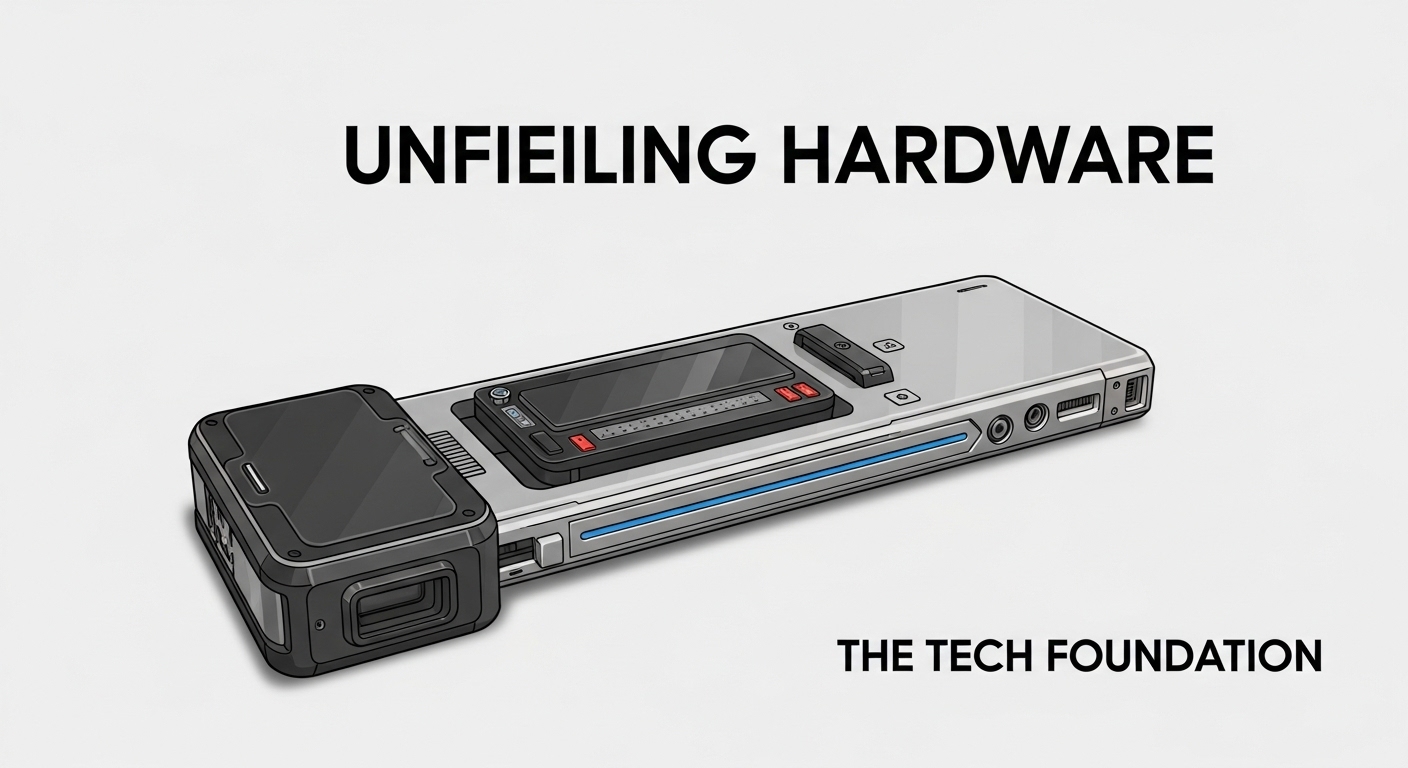**Understanding Hardware: The Backbone of Technology**
In today’s digital age, where technology plays a crucial role in almost every aspect of our lives, the term “hardware” has become a common buzzword. But what exactly is hardware, and why is it so important? In this blog post, we will delve into the world of hardware, exploring its history, significance, applications, and future trends.
**A Brief History of Hardware**
The concept of hardware dates back to the early days of computing. The first mechanical computing device, the abacus, can be considered one of the earliest forms of hardware. Over the centuries, advancements in technology led to the development of more sophisticated hardware components, such as the Jacquard loom and the Difference Engine.
In the mid-20th century, the invention of the transistor revolutionized the field of electronics, paving the way for the development of modern computers. Since then, hardware has continued to evolve rapidly, with innovations in microprocessors, memory storage, and input/output devices shaping the digital landscape we know today.
**The Significance of Hardware**
Hardware serves as the backbone of technology, providing the physical components necessary for the operation of electronic devices. From smartphones and laptops to servers and supercomputers, hardware enables these devices to perform complex calculations, process vast amounts of data, and connect to networks around the world.
In addition to personal computing, hardware plays a crucial role in various industries, including healthcare, finance, transportation, and entertainment. Without hardware, the digital infrastructure that supports these sectors would not be possible, highlighting the importance of reliable and efficient hardware components.
**Applications of Hardware**
The applications of hardware are diverse and far-reaching. In the consumer electronics sector, hardware powers a wide range of devices, from wearables and smart home appliances to gaming consoles and virtual reality headsets. Businesses rely on hardware for data storage, processing, and communication, with servers and networking equipment playing a vital role in maintaining operations.
In the automotive industry, hardware components such as sensors, processors, and actuators enable the development of autonomous vehicles and advanced driver-assistance systems. In healthcare, medical devices rely on specialized hardware for monitoring, diagnosis, and treatment, improving patient care and outcomes.
**Future Trends in Hardware**
As technology continues to advance, the future of hardware looks promising. Emerging technologies such as quantum computing, artificial intelligence, and 5G networks are driving innovation in hardware design and development. Quantum processors promise to revolutionize computing by leveraging the principles of quantum mechanics to perform complex calculations at unprecedented speeds.
Artificial intelligence hardware, including specialized chips and neural processing units, is enabling machine learning algorithms to process data more efficiently and make autonomous decisions in real time. The rollout of 5G networks is expected to increase the demand for high-speed, low-latency hardware components to support the growing connectivity needs of smart devices and IoT applications.
**Conclusion**
In conclusion, hardware plays a fundamental role in shaping the technological landscape we inhabit today. From its humble beginnings in mechanical computing devices to the cutting-edge innovations of quantum computing and AI hardware, the evolution of hardware has been nothing short of remarkable. As we look towards the future, the continued development of hardware will be essential in driving progress and innovation across various industries. Whether in personal devices, enterprise systems, or emerging technologies, hardware will remain a critical enabler of the digital revolution.

